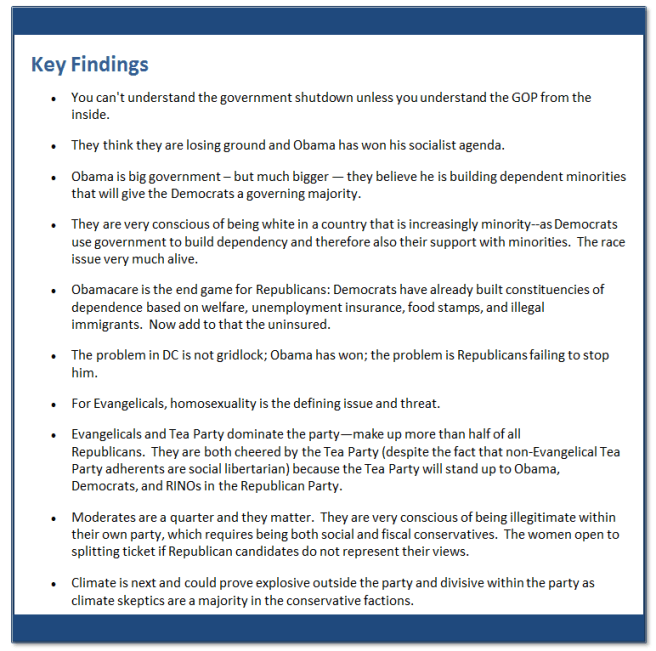This is inaccurate and completely mangles the impact of merchants and sea power in Imperial China. First of all, we need only look at Wikipedia to see that oceangoing voyages were banned prior to Zheng He's voyages by the founder of the Ming dynasty, the Hongwu emperor. This ban obviously wasn't a huge barrier and Chinese ships continued to dominate international trade in the period after 1430.
Professor Deaton explains how “the emperors of China, worried about threats to their power from merchants, banned oceangoing voyages in 1430."
Second of all, merchants had at worst mixed effects on the emperors power, and probably increased it. Active emperors, such as the Yongle emperor, saw their power increased by these expeditions and tended to support them (the Hongwu emperor opposed them for rather idiosyncratic reasons, it wasn't the only policy he would bequeath on his successors that would weaken the Empire).
The major reason for the ban resulted from the Emperor's need for continued support from the scholar-gentry. Concessions to the scholar gentry largely reflected a decline in the Emperor's power not an increase in it. Ocean going voyages, such as Zheng He's, represented an increase in the power of the eunuchs within the Imperial bureaucracy and thus an increase in centralized power and the influence of the Emperor. Restrictions on ocean trade resulted from disputes within the Imperial bureaucracy and a win for the decentralized, local power of the scholar gentry against the government.
In order to be complete I should mention that another major reason for the restrictions on ocean going trade was a desire for the government to supply its northern and western garrisons. There was a belief (not necessarily incorrect) that merchants would be unwilling to engage in the relatively less profitable trade to these areas without a combination of restrictions and incentives to get merchants to trade there. This alternative was embarked on because the Ming government had a very laissez faire attitude towards internal commerce (this did not extend in any way to international commerce). The government was unwilling to raise taxes sufficiently to cover the cost of supplying these garrisons directly so instead resorted to a kludge to get the private sector to fulfill needs that would otherwise go unmet (it strongly resembles a lot of public-private partnerships that the US uses, our health care policy being a great example).
This was driven by a perception by Chinese officials that the north and west represented the greatest threats to the empire and not the overseas frontier. It also should be added this perception was entirely accurate, the empire would be extinguished by the Manchu to the north. The Manchu in turn learned this lessen and continued land centric policies to protect themselves. Eventually, of course, the maritime focus of Europe would prove more dynamic but you can't get that far if horse nomads come and kill all the rich merchants.
Ok, I went a bit deeper into the particulars of the situation than I probably needed to. But the perpetuation of this historical myths are a pet peeve. Conservatives are always telling these mostly made up tales of how the government is opposed to private wealth. This is rarely the case, most of the time governments are aided by and support commercial expansion. It is non-governmental elites that generally oppose the entrance of new power centers and cut off commercial expansion. They are often able to use the government to do this but this is a result of threats of non-cooperation or outright opposition that causes government officials to cave against their better judgements. If you actually read about the governments and the disputes occurring within them the most common case is that they regard commercial expansion and merchants as sources of power and not a threat. It is other factions that regard the rise of the commercial classes with distrust because they (accurately) see the rise of the commercial class as presenting the government with a way to free itself from their dominance. But this isn't a story that most Conservatives like, so instead we hear a constant mangling of a rather more complicated history to present a story of governments opposing markets, even if in most cases governments supported and extended them.
